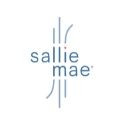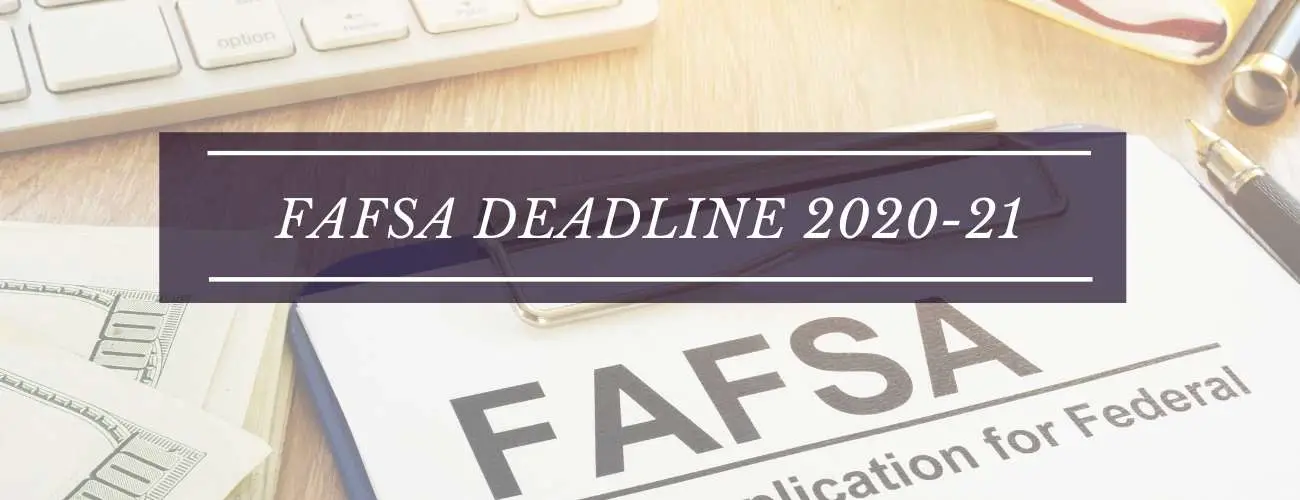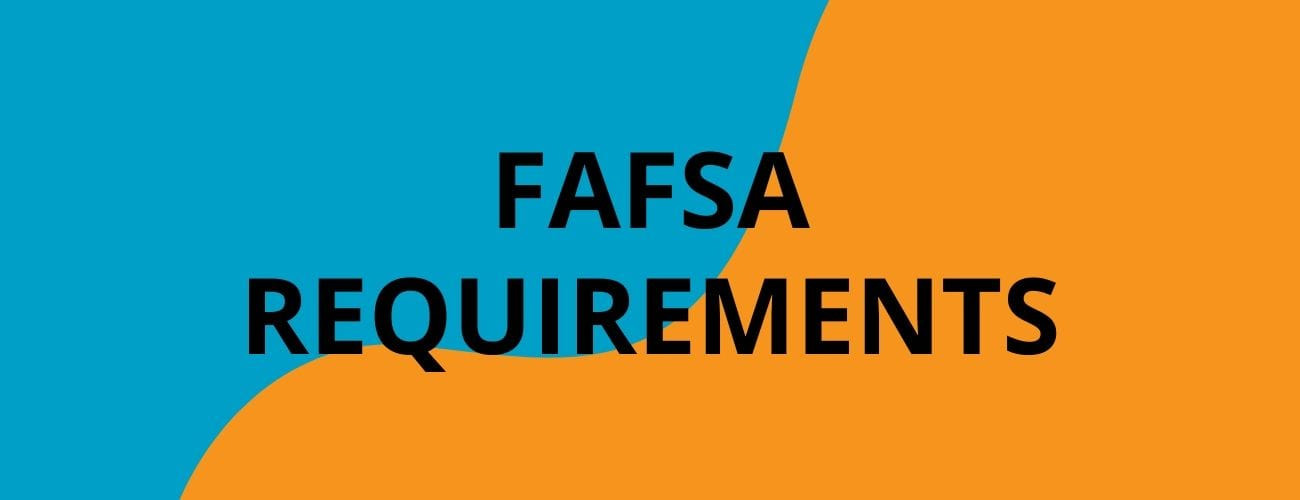James Madison University (JMU) Financial Aid and Scholarships
Students Receiving Aid
35%
Total Aid Amount
$49.247M
Financial Aid Official Website
www.jmu.edu/finaid
In order to make the University courses a bit more affordable, James Madison University offers an option of scholarships, grants, student loans, and work opportunities. The amount of financial aid provided by the University depends on the income profile of the students which in turn affects the Net Price payable.
-
The students who are opting for any sort of financial aid must fill the federal school code (FAFSA code) which is 003721.
-
One must provide residency proof and family income proof before applying for financial assistance.
-
A total of $49,247,407 is awarded as financial aid every year.
-
The average institutional aid received per year sums up to $6,821 that is benefited 16% of the net student population.
Scholarships
JMU scholarships are offered on both merit and program commitment. To qualify, the high school students must be a senior graduating and have received a minimum GPA of 3.5. The college has institutional scholarships for non-traditional students changing careers that are based on both merit and financial need, and which are determined once a valid FAFSA has been completed. The scholarship award is contingent upon meeting several criteria successfully.
College also offers institutional scholarships for adult students pursuing court reporting who demonstrate a sincere desire and commitment to become a professional reporter.
Scholarships provided by the Key College are mentioned below:
-
High School Scholarships, are offered on both merit and program commitment, students must have to score a minimum GPA score of 3.0 to be in consideration.
-
Institutional Scholarships are offered to adult students who demonstrate a sincere desire to become a professional reporter.
-
Veteran Scholarships are offered to any veteran of the United States Armed Forces or spouse.
Grants
The federal government provides grants for students attending college or career school. Most types of grants, unlike loans, are sources of free money that generally do not have to be repaid.
Federal Pell Grant
A Federal Pell Grant, unlike a loan, does not have to be repaid. Pell Grants are awarded usually only to undergraduate students who have not earned a bachelor's or a professional degree. Pell Grants are considered a foundation of federal financial aid, to which aid from other federal and nonfederal sources might be added.
Federal SEOG
The Federal Supplemental Educational Opportunity Grant is designed to provide additional assistance to students. To be eligible, a student must complete the FAFSA, have the lowest EFC possible, and be enrolled full time. Funding for the SEOG grant is limited, so apply as soon as possible.
Loans
Personal student loans offered by the JMU helps to supply the necessary funds to complete the student's education. Loan options for the students of JMU are given below:
Federal Direct Subsidized Loans
-
Do not accrue interest while the student is enrolled at least half-time and during the six-month loan grace period before repayment begins.
-
Are need-based as determined by the FAFSA.
-
Only undergraduate students are eligible for a subsidized loan.
-
Time limitation on Direct Subsidized Loan eligibility.
Federal Direct Unsubsidized Loans
-
Accrue interest at a low fixed interest rate immediately after the loan has disbursed.
-
Are not need-based.
-
Are available to both Undergraduate and Graduate students.







![Schools That Require the CSS Profile [Complete List for 2021/2022]](https://www.thecollegemonk.com/images/blog/every-school-th56.jpg)

